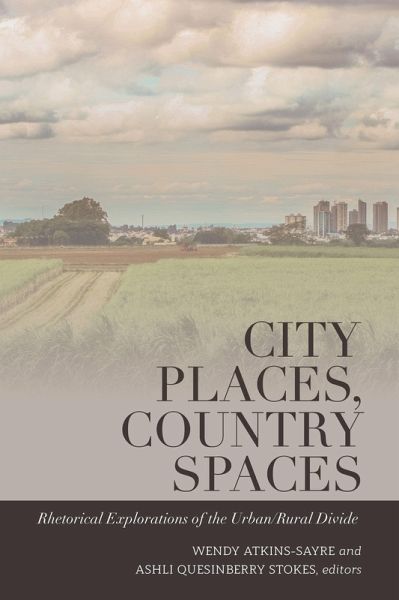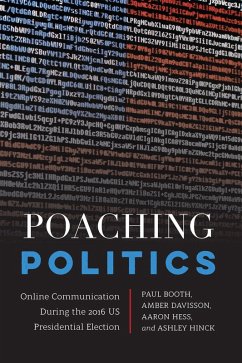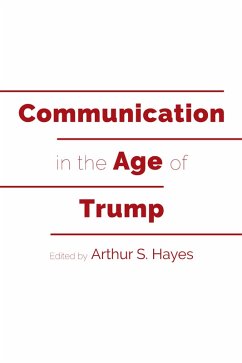
City Places, Country Spaces (eBook, ePUB)
Rhetorical Explorations of the Urban/Rural Divide
Versandkostenfrei!
Sofort per Download lieferbar
Statt: 122,65 €**
37,95 €
inkl. MwSt.
**Preis der gedruckten Ausgabe (Gebundenes Buch)
Alle Infos zum eBook verschenkenWeitere Ausgaben:

PAYBACK Punkte
19 °P sammeln!
Regional differences matter. Even in an increasingly globalized world, rhetorical attention to regionalism yields very different understandings of geographic areas and the people who inhabit them. Regional identities often become most apparent in the differences (real and perceived) between urban and rural areas. Politicians recognize the perceived differences and develop messages based on that knowledge. Media highlight and exacerbate the differences to drive ratings. Cultural markers (from memorials to restaurants and memoirs and beyond) point to the differences and even help to construct th...
Regional differences matter. Even in an increasingly globalized world, rhetorical attention to regionalism yields very different understandings of geographic areas and the people who inhabit them. Regional identities often become most apparent in the differences (real and perceived) between urban and rural areas. Politicians recognize the perceived differences and develop messages based on that knowledge. Media highlight and exacerbate the differences to drive ratings. Cultural markers (from memorials to restaurants and memoirs and beyond) point to the differences and even help to construct those divisions. The places identified as urban and rural even visually demarcate the differences at times. This volume explores how rhetoric surrounding the urban and rural binary helps shape our understanding of those regions and the people who reside there. Chapters from award-winning rhetorical scholars explain the implications of viewing the regions as distinct and divided, exploring how they influence our understanding of ourselves and others, politics and race, culture, space and place, and more. Attention to urban and rural spaces is necessary because those spaces both act rhetorically and are also created through rhetoric. In a time when thoughtful attention to regional division has become more critical than ever, this book is required reading to help think through and successfully engage the urban/rural divide.
Dieser Download kann aus rechtlichen Gründen nur mit Rechnungsadresse in A, D ausgeliefert werden.













